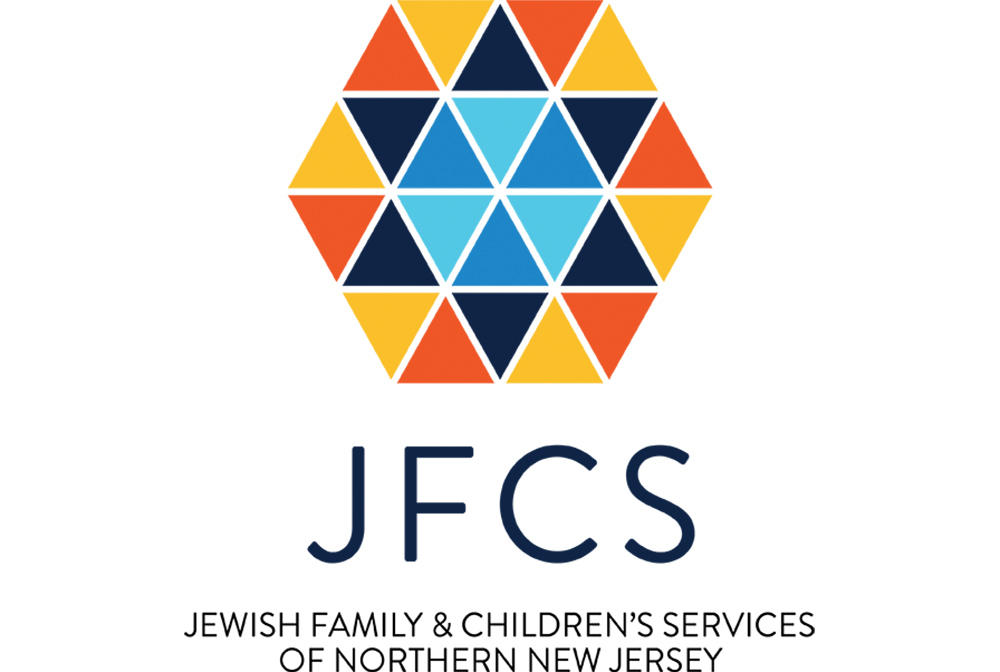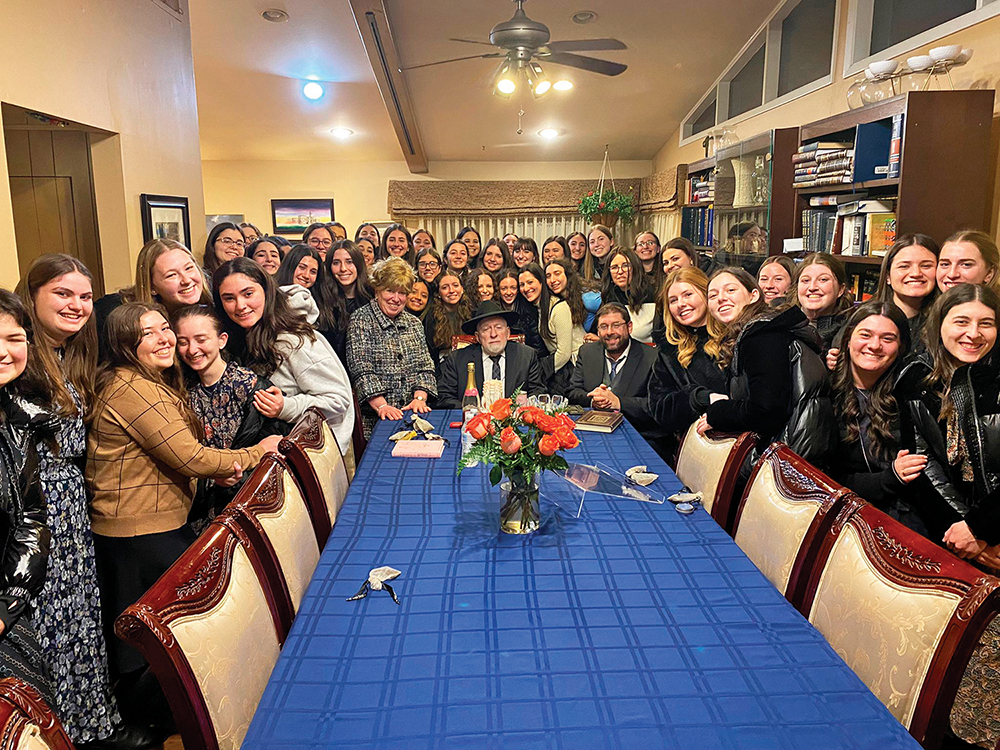I should begin this topic by noting that my own family were survivors. As with other second-generation children, I lost all my grandparents, multiple uncles and aunts, a half-sister, and a normal life. My cousins and I can testify to residual damage even in our surviving parents, uncles and aunts. So any long-term medical or psychological problems in survivors as a group would come as no shock.
Cancer may not be an obvious one of those consequences. When one considers how the Holocaust may have led to future increased (or decreased) risk of cancer, it is worthwhile to start with what exposures the survivors suffered that might have affected cancer risk. Such phenomena might include severe emotional and physical stress, famine, direct exposure to known carcinogens (organic solvents, asbestos) or other factors. For example, reproductive behavior is intimately tied to breast cancer risk; delay in childbearing or delayed menarche or earlier menopause as a consequence of concentration camp or ghetto circumstances could easily be seen as a factor in future breast or ovarian cancer risk.
One of the better studies, published in 2017, focused on survivors who resided in Israel and were registered as of 2003. There were 688,000 survivors worldwide who were still alive as of 2003, of whom about 40% resided in Israel (about 265,000), of whom 189,000 were still alive in 2015.
Actually, despite many discussions on the subject for multiple purposes, there is no universally agreed upon definition for being designated as a “Holocaust survivor” that encompasses all the multiple variations of this term—concentration camp, ghetto, in hiding, partisan or other fighter, refugee to Soviet Union, etc. For scientific purposes, as it relates to the risk of cancer, one can imagine that each of these categories may have different associations with cancer depending on what the underlying causal factor is that ties the Holocaust to cancer risk.
For the purposes of this 2017 study, survivors were defined as those who applied for reparations according to the agreement worked out between West Germany and Israel, and who were awarded compensation based on that agreement. The details are beyond the scope of this discussion, but I suspect it would encompass most of whom we would consider survivors. As a control group, the investigators used those who applied for compensation but were denied. Some of the reasons for denial included minimal time in a camp or ghetto, minimal disability and other reasons.
For the main analyses, there were 152,622 who were granted compensation and 10,031 who were denied compensation. Follow-up used the Israel Cancer Registry through 2006. Overall, 22% of the compensation group developed cancer while 16% of the denied compensation group developed cancer. There was an elevated risk for colorectal cancer (relative risk 1.12, p=0.07) and lung cancer (relative risk 1.37, p=0.008). Other studies of Holocaust survivors have also demonstrated an increased risk of colorectal cancer and lung cancer, but no clear reasons for these elevated risks are apparent. On the other hand, there was no increase in the risk of breast cancer in this study.
Another study, published in 2018, looked at those born in European countries under Nazi occupation, who immigrated to Israel after 1945 and who were still alive as of 2000. They were compared to enrollees in Clalit, the largest of the four Kupat Holim health insurance organizations, who were born prior to 1945 in European countries not under Nazi occupation or who were born in America and who immigrated to Israel prior to 1939 and were still alive in 2000. There were 294,543 Holocaust survivors according to this definition. This study found elevated risk for colon cancer, lung cancer, bladder cancer and melanoma, as well as prostate cancer and breast cancer (relative risk 1.2).
At least two other studies found an association as well between surviving the Holocaust and an increased risk of breast cancer. The association to breast cancer seemed to be related to reduced caloric intake and malnutrition during the war. The survivors suffered long-term, severe (200-800 kcal/day) exposure along with protein and vitamin deficiencies. This was obviously in addition to the other horrible stressors to which they were also exposed—cold, emotional stress, violence, infectious diseases. Many of the writers on this topic seem to concur that this is a plausible mechanism for the increased risk of breast cancer in particular and jibes with our discussion in last week’s article regarding the Dutch Famine and the subsequent increased risk of breast cancer in that population as well.
The studies of survivors are, in my view, relatively crude but do give us a flavor of the possible increased risks that survivors may have had. Higher quality studies would have obtained detailed information on each individual as to their wartime experiences, exposures, medical histories, etc., but such studies are not available. Next week we will see such a set of studies when we discuss the follow-up to the A-bomb exposures in our next episode of Thoughts on Cancer.
Alfred I. Neugut, MD, PhD, is a medical oncologist and cancer epidemiologist at Columbia University Irving Medical Center/New York Presbyterian and Mailman School of Public Health in New York.
This article is for educational purposes only and is not intended to be a substitute for professional medical advice, diagnosis, or treatment, and does not constitute medical or other professional advice. Always seek the advice of your qualified health provider with any questions you may have regarding a medical condition or treatment.










